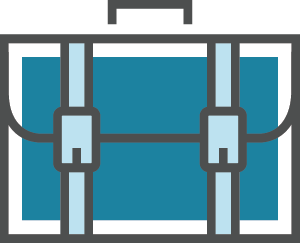Systems design students develop a vehicle tracking system for Metro Transit
Metrics
Community
Metro Transit, St. Paul, MNCommunity Size
733,098 (2018 Census Estimation)University
University of St. ThomasProgram
Sustainable Communities PartnershipYears
2017/2018Status
CompletedCase Type
Project StoriesSchool Size
Greater than 5000Focus Areas
Economic and Social InclusionRegion
EPA Region 5, USAMetro Transit employees rely on non-revenue fleet vehicles to perform daily organizational duties beyond the scope of rider transportation. The fleet “includes squad cars, maintenance vehicles such as dump trucks and yard tractors… and pool cars” (Met Council).
Metro Transit needed a more efficient tracking system for these vehicles. Through the Sustainable Communities Partnership (SCP), students in two University of St. Thomas courses provided a multi-pronged solution by exploring standard operating procedures for both paper-based and technological options that met record management standards and required minimal resources.
Students in Sheneeta White’s Service Operations Management course approached the complex problem with an understanding of what makes organizations run smoothly, exploring potential solutions to paper reservation backlog, vehicle approval lag, and human error and inefficiency. Tim Meyer’s Systems Analysis and Design II students simultaneously applied their computer science skills to code the system from scratch.
At the end of one semester, Service Operations Management students presented a series of operating procedure concepts, including a tracking application and a smart employee terminal, which Metro Transit could implement to improve its system. Systems Analysis and Design II students used those recommendations to design an accompanying system-ready solution, a personalized digital database that allowed employees to select and reserve vehicles for select periods of time as well as account for mileage and fuel status.
Students delivered a functional product with the potential to improve the efficiency and consistency of Metro Transit’s non-revenue fleet vehicle tracking system.






